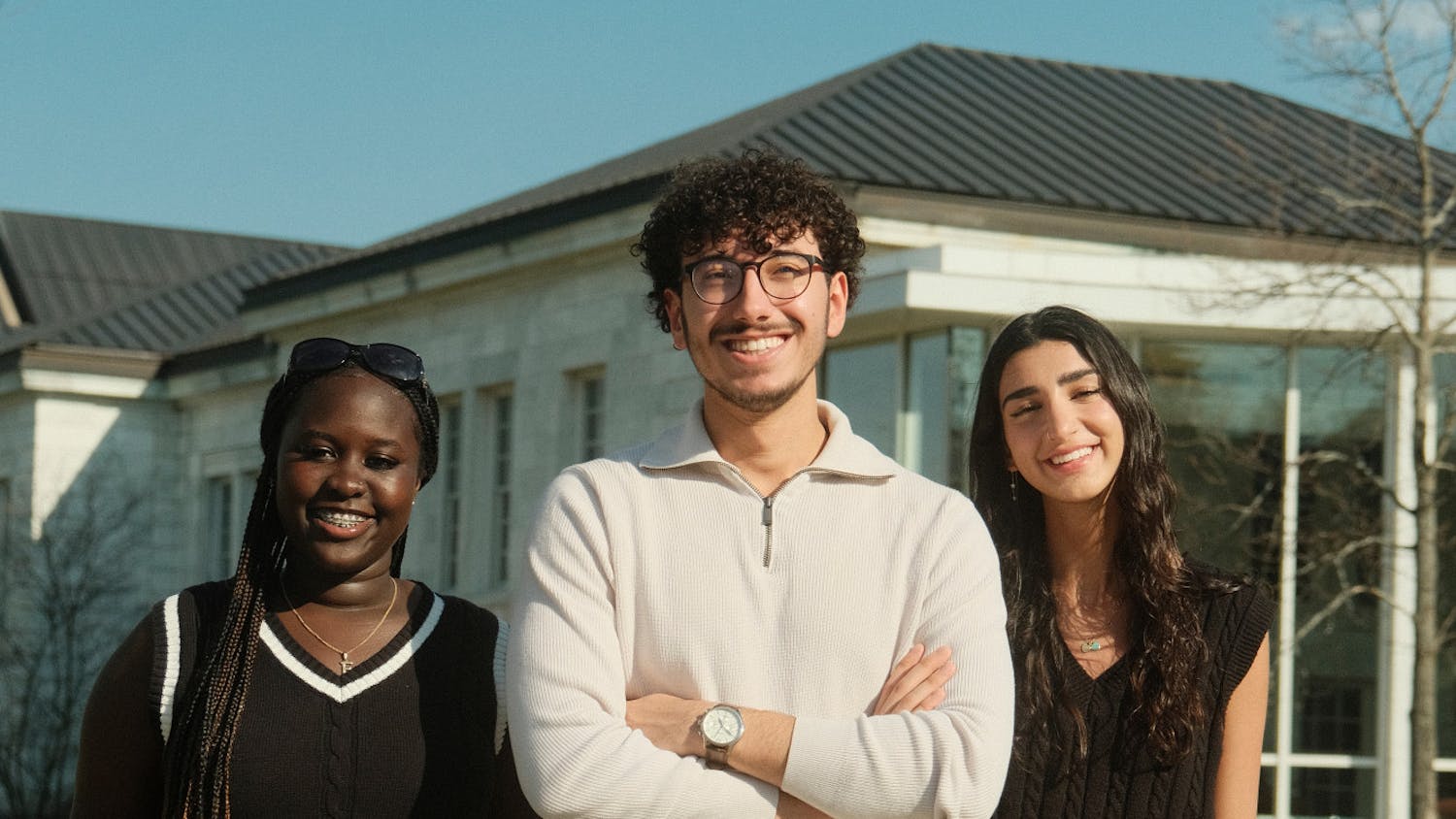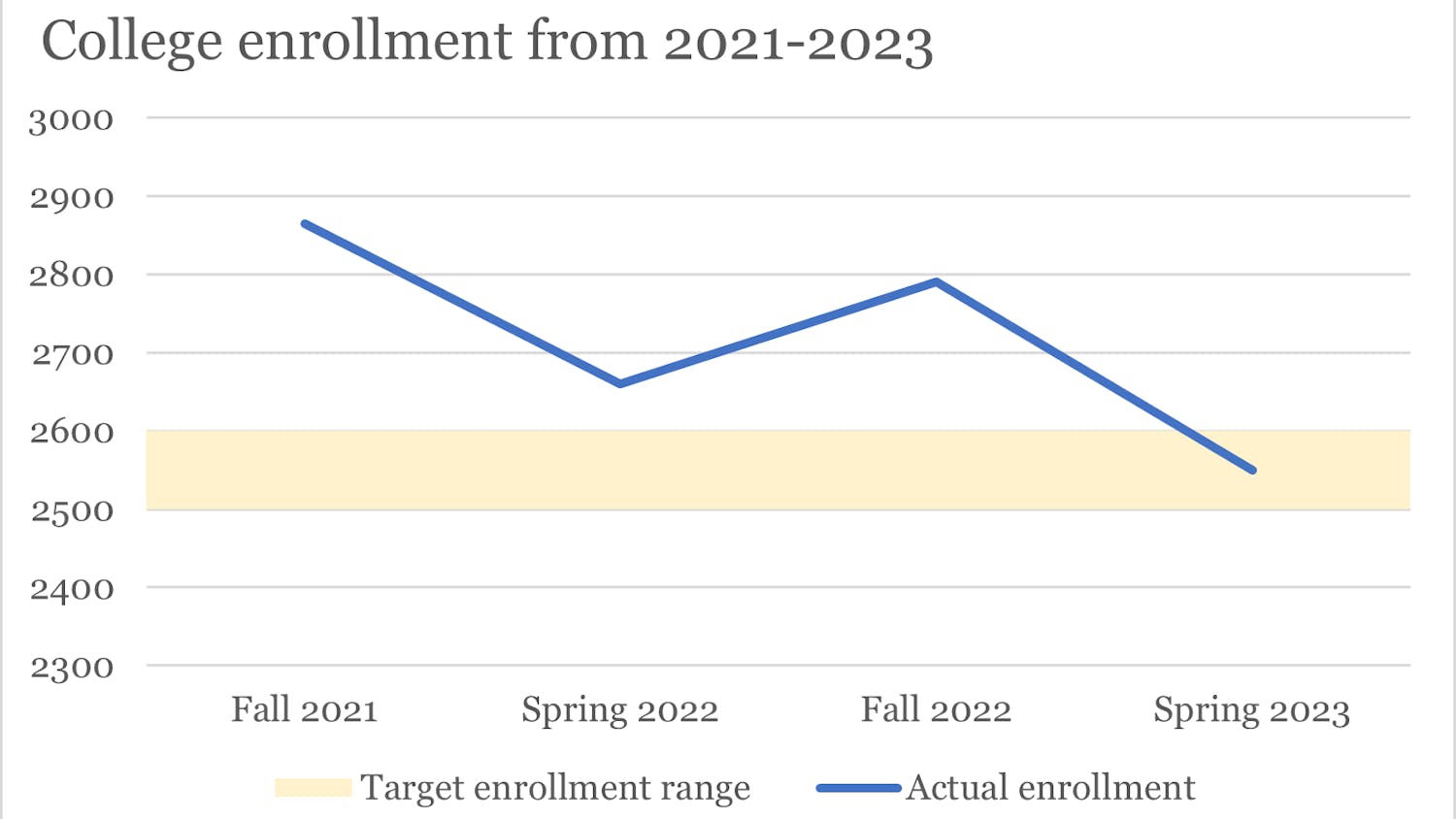In a couple of weeks, the last class who has experienced a full year of pre-pandemic Middlebury will graduate. This has left some of us wondering about the potential loss of institutional memories and traditions that flourished before the onset of social distancing and Zoom links.
But this moment also presents an opportunity. This could be a time for Middlebury students to be incredibly intentional about crafting and nurturing the community they want for themselves. Many traditions and routines that were prevalent pre-Covid existed solely because of repetition from year to year; we rarely had the space to interrogate whether or not they were actually serving or uniting the student body.
More than ever, it is clear that if you want something to happen here, you need to make it happen. From year to year, we have seen various clubs, organizations and traditions die out because no one has stepped up to carry the torch. This dissipation was exacerbated during the height of Covid-19, as many groups could not meet in person for over a year. Moving forward, we hope that students will fight deliberately for what they want to see. On a campus where students are consumed by busy schedules and constant commitments, and quick generational turnover often means the rise and fall of traditions, we cannot be passive if we want to preserve elements of campus life we care about.
We also recognize that the impetus for preserving the desires of our community does not fall solely on students; we need administrative support and infrastructure in order to cultivate this sense of unity. (We, for one, hope the McCullough lawn food trucks can make a permanent return.)
While the potential loss of social memory and history can feel daunting, it also allows us to create new cultural norms on campus. We have already editorialized multiple times on how the pandemic has led us to be more deliberate in our relationships, and we are now tasked with balancing this intentionality while still embracing the spontaneity this year has allowed for.
We have seen that overwhelmingly, in the aftermath of Covid-19, students have abandoned what they “think” they should be focusing on in order to pursue and prioritize what they genuinely want. Last week’s Zeitgeist data illustrated how various students have shifted how they interpret these pressures; one respondent noted that they were “focusing less on academics to be happier.” Another said, “I value traditional metrics of success a lot less now, and have grown to prioritize my happiness and connections with people around me.”
Many of us on the editorial board have observed a lessening of Middlebury’s perfectionist culture, with more students feeling comfortable asking for extensions, and putting less emphasis on schoolwork altogether. In addition, there appears to be an intensified sense of community support, as many have noted a sense of heightened camaraderie at Nocturne and various student-run events. We’ve hypothesized that this is likely due to the lack of many events in the last few years, which has led our community to not take these opportunities for granted.
At the end of the day, we hope that upperclassmen take the steps to deliberately pass down the aspects of their college life they care about the most, and we hope that younger students do the same throughout their years here. Our stunted campus life during peak pandemic times has highlighted the need for all of us to intentionally create the social fabric that fulfills and rewards us. We can fight for the traditions and memories we want to keep — and create new ones along the way.



